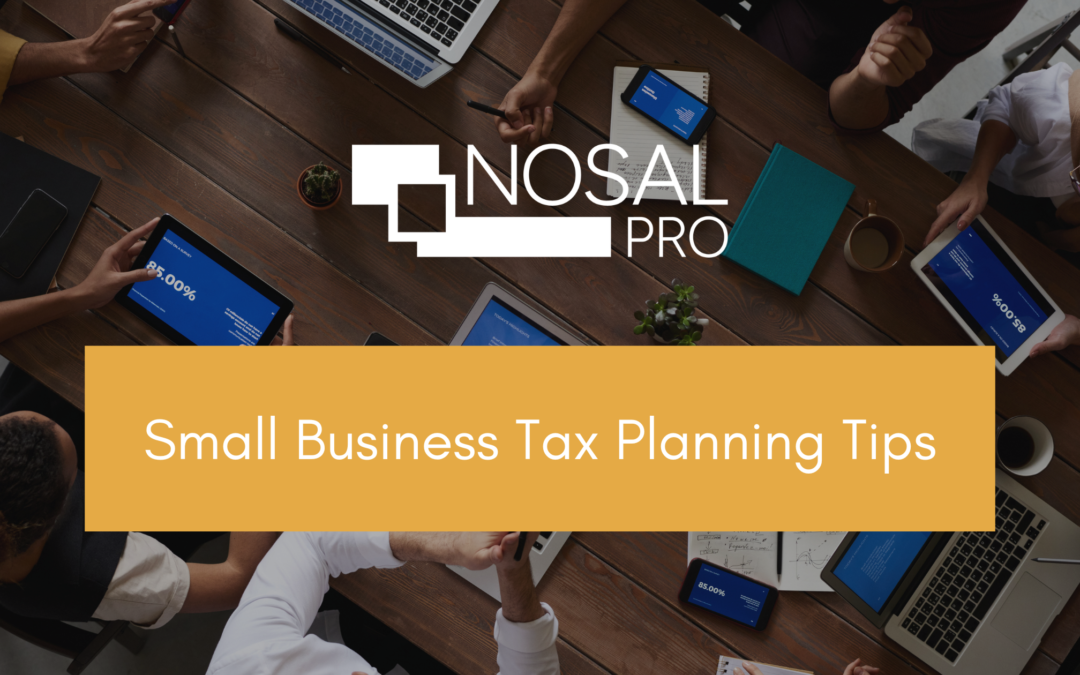Educators often spend their own money to support their classrooms — and tax laws have long
offered a limited deduction to help offset some of those costs.
For 2025 and beyond, the Omnibus Better Benefits for America Act (OBBBA) makes several
important updates to these deductions. While the 2025 rules remain relatively unchanged, 2026
brings significant enhancements that could provide meaningful tax relief for teachers, coaches,
and school administrators.
Here’s what you need to know — and how to plan ahead.
2025: The $300 “Above-the-Line” Deduction Remains
For the 2025 tax year, qualified educators can claim up to $300 of unreimbursed classroom
expenses as an above-the-line deduction. This means it reduces your adjusted gross income
(AGI) — and you don’t have to itemize to take advantage of it.
However, any amount over $300 is not deductible in 2025, because the excess falls under the
disallowed 2% miscellaneous itemized deduction category.
Who Qualifies as an “Eligible Educator”
You may claim the deduction if you:
Work as a teacher, instructor, counselor, principal, or aide
Serve in a K–12 school, and
Work at least 900 hours during the school year
Qualifying Expenses Include:
Books and classroom supplies (excluding athletic supplies for PE)
Computers, software, and related classroom services
Other educational equipment or supplementary materials
2026: Expanded Deductions Under OBBBA
Starting in 2026, the OBBBA introduces key improvements designed to reward educators for the
real costs of teaching.
Here’s what changes:
✅ The $300 above-the-line deduction remains in place.
✅ Additional expenses above $300 can be deducted as itemized deductions.
✅ Athletic and PE supplies are now eligible.
✅ “Used in the classroom” becomes “used as part of instructional activity,” broadening what
qualifies.
✅ Coaches and interscholastic sports administrators are now included as eligible educators.
Example
Sally, an 11th-grade teacher, purchases a classroom projector in 2026 for $1,400.
She deducts $300 above the line on Schedule 1.
Because she itemizes, she deducts the remaining $1,100 on Schedule A.
That’s a significant improvement compared to 2025 — and a well-deserved benefit for those who
invest in their students.
Tax Planning Considerations
The expanded deductions in 2026 will only benefit you if your total itemized deductions
exceed the standard deduction. The OBBBA also aims to increase the state and local tax
(SALT) deduction limit, making it more likely that itemizing could pay off.
If you expect to have substantial educator expenses or other deductible items in 2026, it’s a good
idea to plan ahead. Consider:
Tracking all out-of-pocket classroom expenses
Retaining receipts for every purchase
Reviewing whether itemizing deductions makes sense for your situation
Key Takeaways
2025: Educators can deduct up to $300 above the line for classroom-related expenses;
anything above that is not deductible.
2026: OBBBA expands the deduction by allowing expenses above $300 to be itemized,
adds new eligible categories, and broadens who qualifies as an educator.
Planning matters: The expanded benefits are most valuable if you itemize — and that
can depend on your overall deduction profile.
How We Can Help
At [Your Firm Name], we work closely with educators and education professionals to ensure
they’re taking full advantage of available tax deductions. If you’re unsure how the OBBBA
changes may affect your 2025 or 2026 return, we can help you evaluate whether itemizing will
benefit you — and identify every deduction you’re entitled to claim.
Contact us today to review your 2025 year-end tax strategy and prepare for these new opportunities in 2026.










